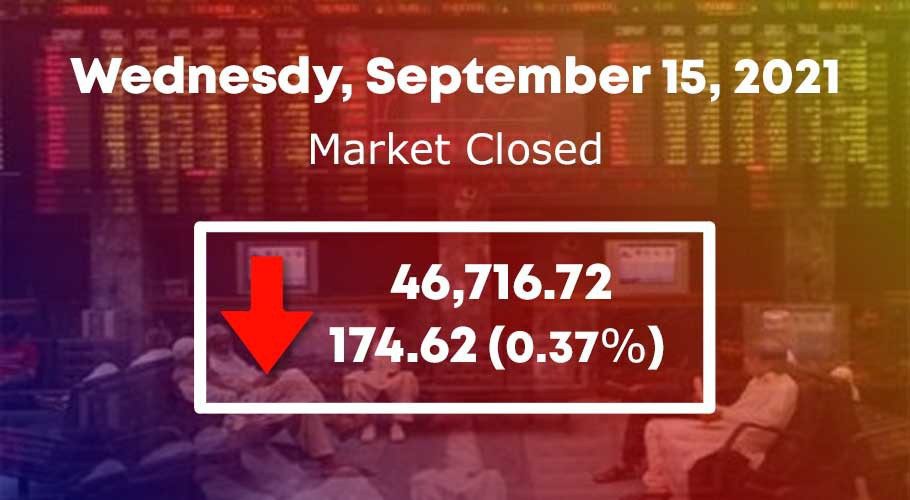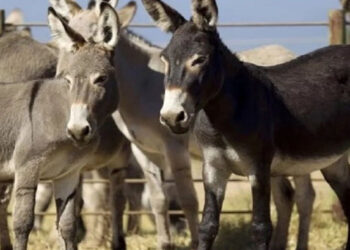KARACHI:: The Pakistan Stock Exchange (PSX) dropped on Wednesday as the rupee depreciated to its lowest-ever value against the US dollar for the second consecutive day.
The KSE-100 index dropped in early trading session and reached its lowest level of 46,505.93 points It witnessed a downward trajectory throughout the day. It gradually resumed control in later trading and reached its highest point of 46,952.31 points before ending on a negative trend.
The index dropped 174.62 points (-0.37%) and closed at 46,716.72 points. The total volume of shares was 118.284 million valued at Rs5.731bn.
The lower-bench KSE-30 index decreased by 43.13 points (-0.23%) and closed at 18,559.73 points. The total volume of shares was 44.097 million. The KMI-30 index dropped by 553.15 points (-0.71%) and closed at 75,432.23 points, while the All-Share Index declined by 92.57 points (-0.29%) and closed at 31,058.99 points.
The most active stock was TPL Holdings (TPL 7.31%) which saw 29.622 million shares traded at the stock market. This was followed by Telecard Ltd (TELE -4.89%), Byco Petroleum (BYCO -1.21%) and Service Fab (-24.39%). The total volume of scripts was 28.258 million, 23.288 million, and 22.863 million respectively.
The Pakistani rupee lost further ground on Wednesday and fell to Rs169.63 in intra-day trading in the inter-bank market. The fresh decline comes a day after the local currency closed at an all-time low value of Rs168.94, according to the State Bank of Pakistan.
The current account numbers for July 2021, coupled with the anticipation of further worsening of the deficit in August 2021, mounted pressure on rupee which had an impact on the stock market. The rupee has maintained downturn since it touched a 22-month high of Rs152.27 in May 2021, losing a cumulative Rs17.36 in the past four months.
The import payments soared to historic high of around $6.4 billion in August, while export earnings remained sluggish at $2.2 billion this month. The uptrend in international commodity prices suggests that Pakistan’s import bill will remain high in future as well.
The State Bank of Pakistan had indicated earlier that the dollar could appreciate during the current financial year due to an expected higher current account deficit.





































